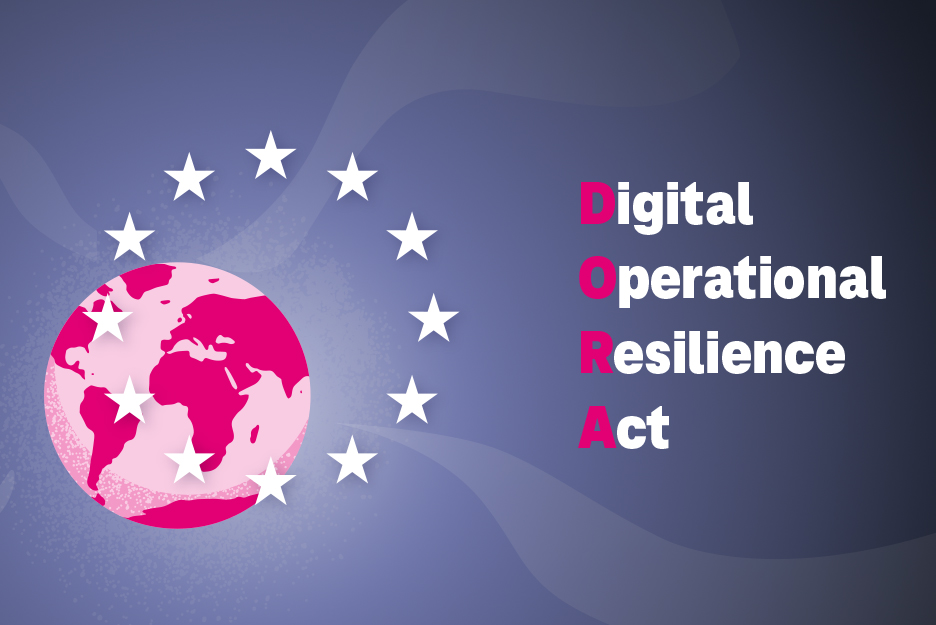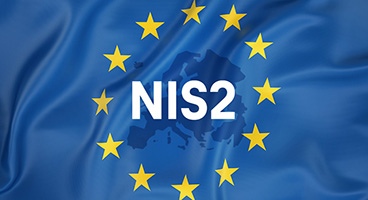In this article you will read,
- what is behind DORA,
- who is affected, and
- how you as a financial company should react.
December 14, 2022 was DORA Day. On this day, the European Parliament and Council adopted Regulation (EU) 2022/2554 on “Digital Operational Resilience in the Financial Sector” (DORA). As usual, the EU bodies gave the companies concerned a transitional period for implementation: although DORA has formally been in force since January 17, 2023, it will not be applied until January 17, 2025. In other words, financial companies must be DORA-compliant by the beginning of 2025. And not just them: DORA also has significance for the ICT service providers of financial companies, i.e., also cloud providers that deliver services to financial companies.



